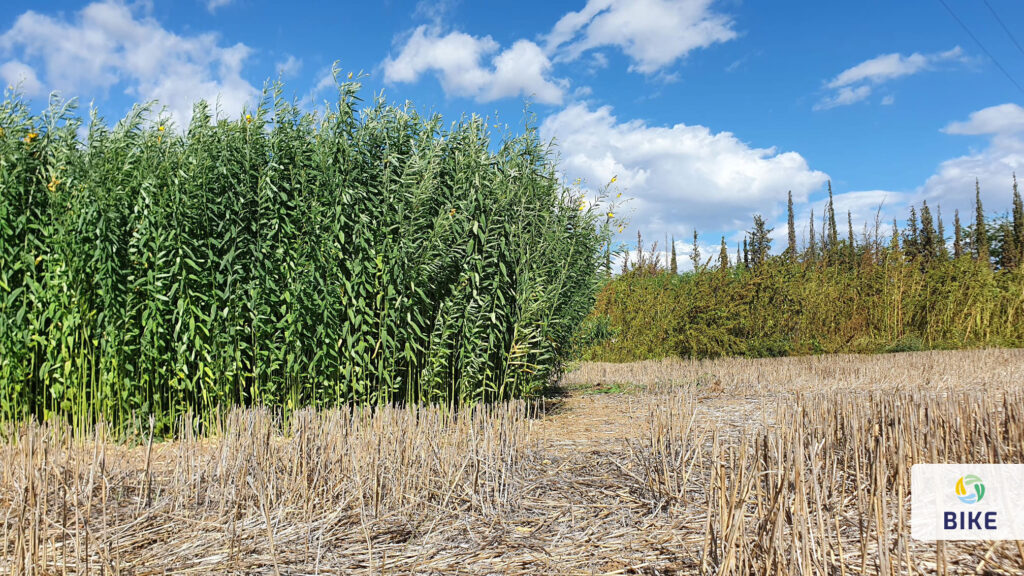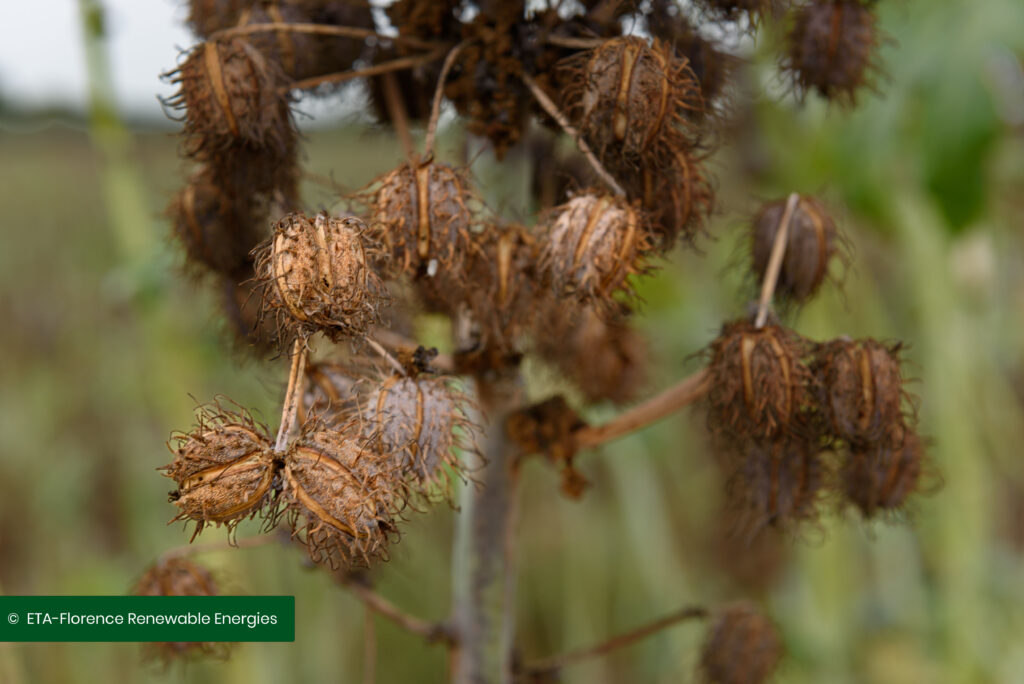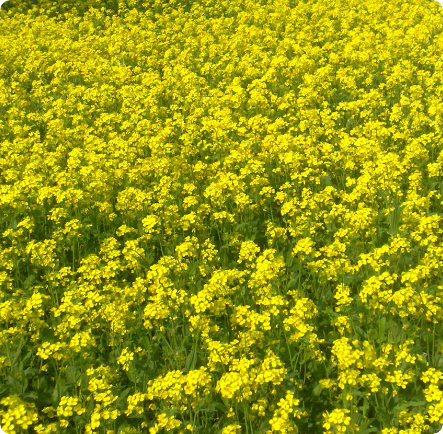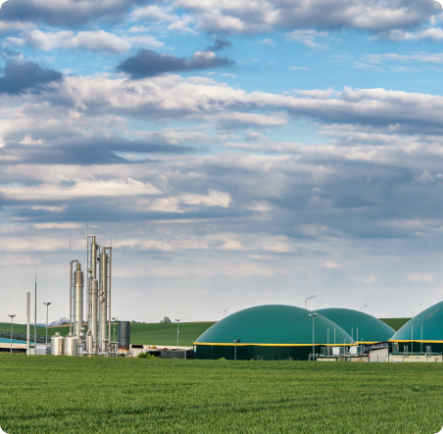The study
In this new Deliverable, RECORD, with the support of BIKE partners, assessed the possibility of replicating the four BIKE case studies, at European level. The assessment study has been performed considering two main criteria for the application of the proposed solutions: the low-ILUC risk feedstock and climate positive farming options, identified in WP2, and the technologies adopted in the existing biofuels production plants, identified in WP3.
The replicability potential has been evaluated considering an application in the short/mid-term, thus based on existing infrastructure, technologies, and biofuels production facilities. The assessment has also been performed in strict relationship with WP6 activities, where open labs on real experiences have been organised.
After a description of the adopted methodology, a theoretical estimation of Low ILUC biofuels production potential has been performed for each of the four case studies, which are: (i) perennial crops cultivation in unused lands for lignocellulosic bioethanol production; (ii) castor cultivation in arid or unused lands for oil extraction and renewable diesel production; (iii) brassica carinata cultivation as cover crop for oil extraction and renewable diesel production; (iv) biogas done right model (BDR) application for biomethane injection into the grid and conversion into liquid biofuels.
The determination of the replicability potential enabled to identify and select the most promising areas for each case study, thus allowing for development of a preliminary outline in which real opportunities for biofuels in Europe are exhibited.
Results
In the case study of Perennial crops cultivation for bioethanol production, Romania and Spain showed the most promising results in terms of potential biomass production, given by the good combination of high number of underutilized lands and high expected yields of switchgrass and miscanthus.
Considering only the promising case studies identified and a supply radius of 70 km, estimated bioethanol production ranges from 14,359 tons/year (Hungrana Bioeconomy Company, Hungary) to 68,651 tons/year (Clariant Products, Romania).

In the case study of Castor cultivation for renewable diesel production, only Spain, Italy and Greece have been considered in the assessment.
Greece is the country with the highest estimated yield (2.24 tons seeds/ha), followed by Italy (1.77 tons seeds/ha) and Spain (1.35 tons/seeds/ha).
Greece and Spain both showed good results in terms of potential oil production, while Italy showed the least promise due to a shortage of underutilized lands in the country.

In the case study of Brassica Carinata for renewable diesel production, two possible scenarios have been assessed, one considering Brassica as a summer cover crop and one considering Brassica as a winter cover crop.
In the scenario of Brassica as summer cover crop, Spain showed the most promising results – both with 230 km and 500 km radius for biomass supply – followed by Italy and Greece.
In the scenario of Brassica as a winter cover crop, only Greece gave encouraging values of potential oil production, while Spain and Italy did not met or exceed the set threshold value of 20,000 tons of annual oil production.

In the case study of Biogas Done Right (BDR) model for biomethane-to-fuel production, Italy, France, Germany, and UK resulted as the top countries in terms of development of the natural gas grid, but also number of biomethane and biogas operating plants.
Germany gave the most promising results in terms of biomethane and liquid potential production by 2030 (13.08 bmc/year of biomethane, 7.14 mill. m3 of F.T. diesel, 15.56 mill. m3 of MeOH)
Italy: 2.96 bcm/year of biomethane, 1.62 mill. m3 of F.T. diesel, 3.53 mill. m3 of MeOH.
UK: 1.34 bcm/year of biomethane, 0.73 mill. m3 of F.T. diesel, 1.59 mill. m3 of MeOH.
France: 0.9 bcm/year of biomethane, 0.49 mill.m3 of F.T. diesel, 1.08 mill.m3 of MeOH.



